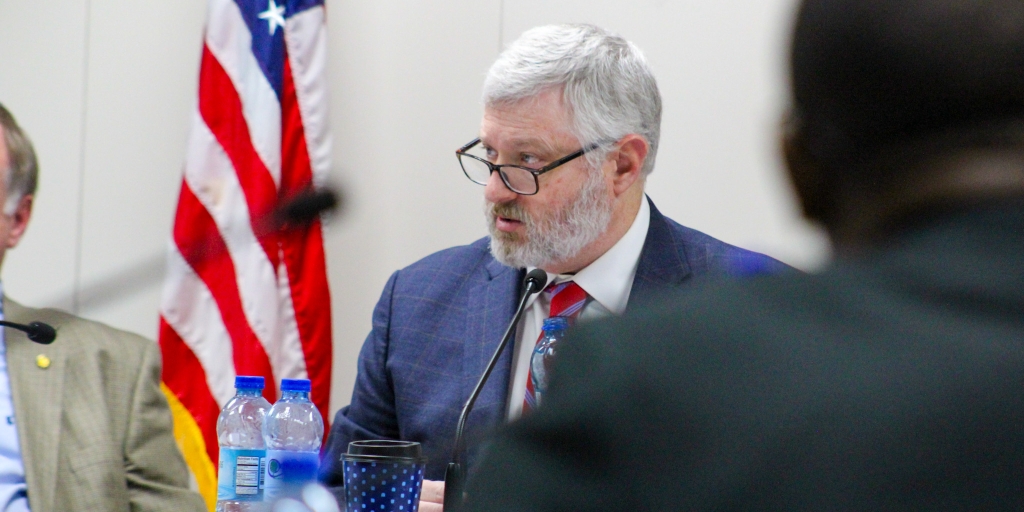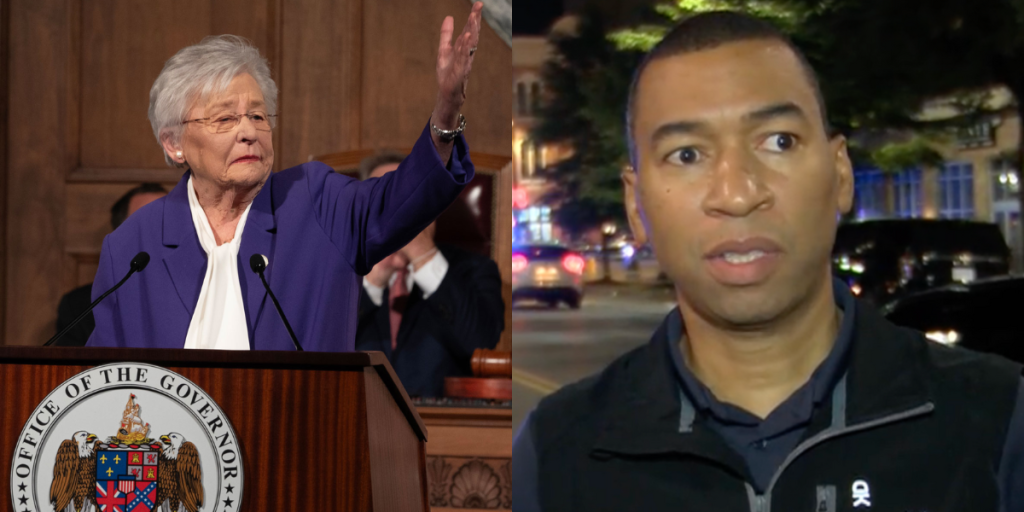Alabama Attorney General Steve Marshall promised Friday to “deliver real results” in rolling out a newly passed anti-gang law.
The law introduces penalty enhancements for felonies committed to benefit any criminal enterprise or gang and attaches mandatory minimum sentences for firearm-related offenses.
“In the coming weeks, I will be announcing a coalition of investigators, prosecutors, and experts that will focus exclusively on the enforcement of this act,” Marshall said. “We will also be setting up training opportunities for local law enforcement throughout our state.
“We didn’t draft and advocate for this bill just to say we did something to fix Alabama’s violent crime problem — we intend to deliver real results.”
RELATED: Alabama cracking down on gang-related crime
The law sets aggressive, mandatory, and consecutive penalties for anyone found to be knowingly possessing, using, or carrying a firearm with the intention of supporting a criminal enterprise. It also stipulates that any individual aged 16 and above involved in such activities will be charged, arrested, and tried as an adult.
The legislation provides multiple criteria for identifying a member of a criminal enterprise, including admission of membership, identification by an informant, use of gang-related dress or tattoos, association with known members, and physical evidence.
It also enforces penalty enhancements for felonies committed to further the interests of any criminal enterprise.
“Certainly, as it relates to the crime we see in the major cities and really throughout the state of Alabama and the nation,” State Sen. Will Barfoot said, “this is a response that we’ve got to do something to try and rein in folks who are committing crimes to benefit gangs as a whole.”
RELATED: Sen. Barfoot: ‘We’ve got to do something about gangs’
He noted that the nature of gang-related crime has evolved in recent years.
“Those gangs in fact are a little bit different than probably they were in the ’80s,” Barfoot said. “It’s not one major group versus another major group. You’ve got multiple street-type gangs in certain areas. You’ve got other gang members maybe from one side of the town fighting territorial battles from the other side of town.
“So this really is just a chance to make sure our laws are tight in response to what we’ve seen going on throughout the state.”
As the state’s chief law enforcement officer, Marshall sought to correct deficiencies within the state’s criminal justice system, spearheading efforts to target gang violence and to reform correctional incentive time. In April, 162 sheriffs and police chiefs from across the state called on the Legislature to pass the bill.
Grayson Everett is a staff writer for Yellowhammer News. You can follow him on Twitter @Grayson270













